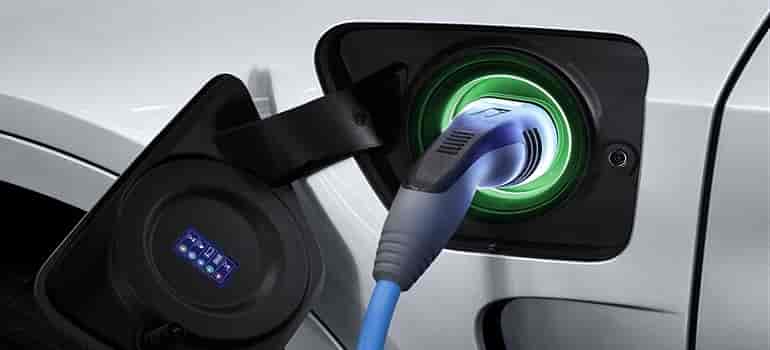
The government should follow a well laid out roadmap and a practical time frame for rollout of electric vehicles (EVs) in the country, auto industry body SIAM said Sunday.
Industry chamber CII also said the government should carry out wider consultations before finalisation of goals and time lines for electric mobility.
“What is required is a well laid out roadmap for an ambitious EV rollout over a practical time frame along with an integrated plan for setting up the necessary infrastructure across the length and breadth of the country, in consultation with all stake holders,” Society of Indian Automobile Manufacturers (SIAM) President Rajan Wadhera said in a statement.
Both the bodies were reacting to reports that the government was planning to ban sale of internal combustion engine (ICE) three-wheelers by 2023 and less than 150 cc two-wheelers by 2025.
SIAM said the industry fully supports the ambitious aspiration of the Niti Aayog to bring in electric mobility in the country as soon as possible.
“However, the ambition needs to be tempered with a practical approach and what is possible without needlessly disrupting the automotive industry,” Wadhera cautioned.
He said as per media reports, the government is proposing to ban sales of ICE based three-wheelers and less than 150 cc two-wheelers in 5-6 years.
“This seems to be impractical as well as untimely,” he added.
He said the industry is already facing multiple challenges of leapfrogging to BS VI emission norms and complying with many new safety rules in the shortest time frame ever attempted in the world.
This is engaging the focused attention of the industry and involving huge investments of the order of Rs 70,000-80,000 crore, he noted.
He said it is imperative that this success story is not affected by “undue haste” in banning mature automotive technologies within the next 5-6 years in the hope that evolving EV technologies will fully replace the demand within that such a short period.
“Such unrealistic expectations and policies would only adversely affect the world’s leading two/three-wheeler industry but may not help in making EVs acceptable to the customer and the market,” he added.
He also said “none” of the stakeholders in the country — industry, government or the suppliers — have any meaningful experience of electric mobility to even contemplate a complete 100 per cent shift to two/three wheeler EVs by 2023/2025.
“In the current scenario, any policy to accelerate the transition to EVs would lead to a policy induced disruption which could result in significant damage to the auto industry and spell a big blow to the overall ecosystem of MSMEs, with its related impact on employment,” he added.
Sharing similar views, CII called for multi-stakeholder consultations across the value chain with a special focus on affordability for consumers.
It suggested a three-pronged strategy to make this transformational shift in transportation.
“One of the first strategies to adopt is to set the right goal that should be seen from the macro perspective of carbon footprint and energy security. The target and the time line set to achieve the desired goal needs to be deliberated with diverse stakeholder consultations at the initial phase so that it is both sustainable and achievable,” CII President Vikram Kirloskar said.
The chamber is engaged with stakeholders to create recommendations that will help India achieve its goals of lowering emissions and conform to commitments on climate change.
CII also urged the government to be technology-agnostic in its approach as the transportation sector is witnessing huge and transformative innovations both in vehicles and batteries.
According to estimates by SIAM, the industry’s turnover is close to half of the manufacturing GDP, supports 37 million jobs and contributes 11 per cent of the GST revenues.
Source: PTI

